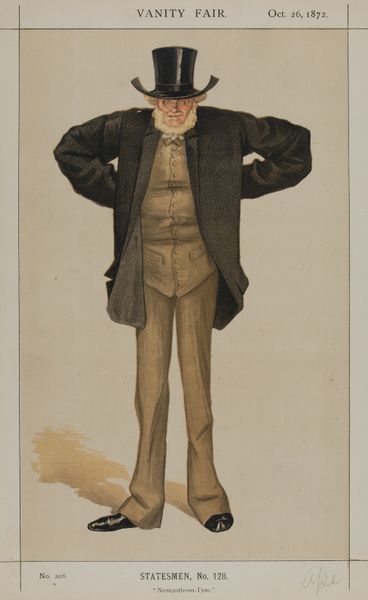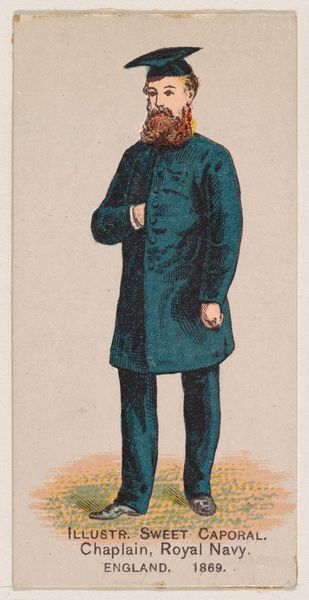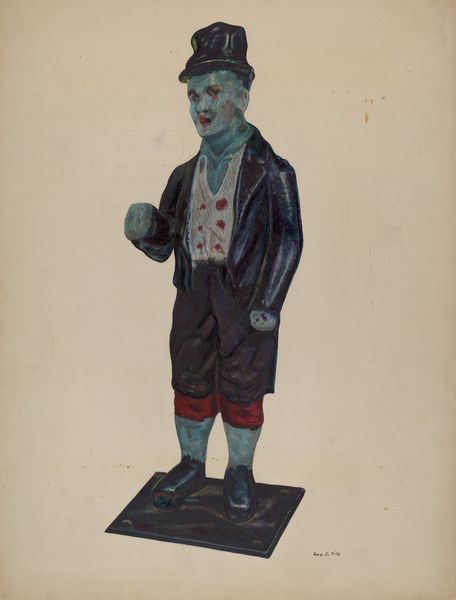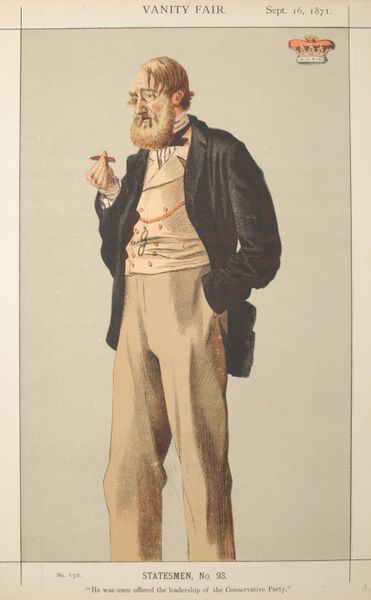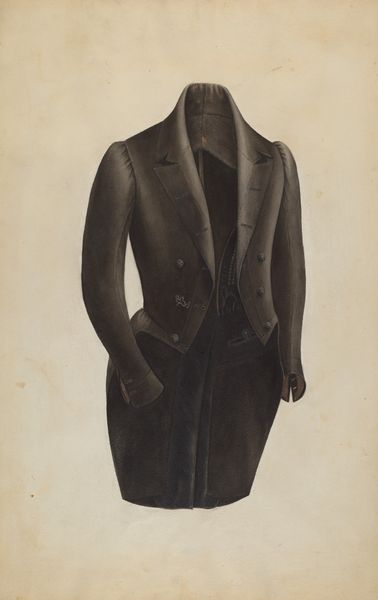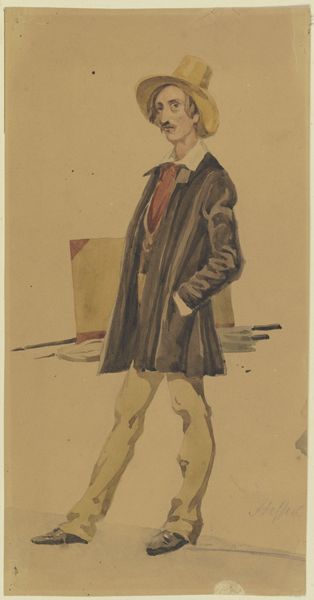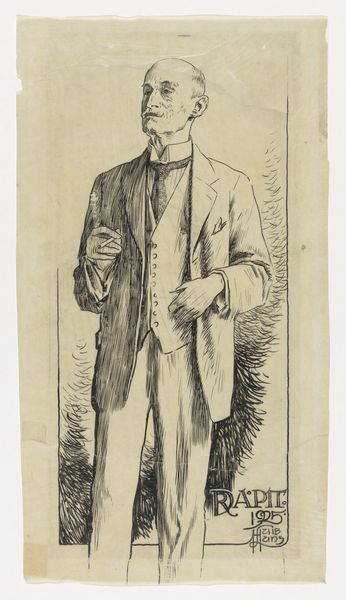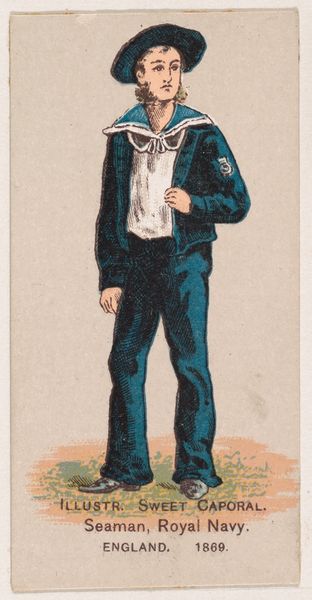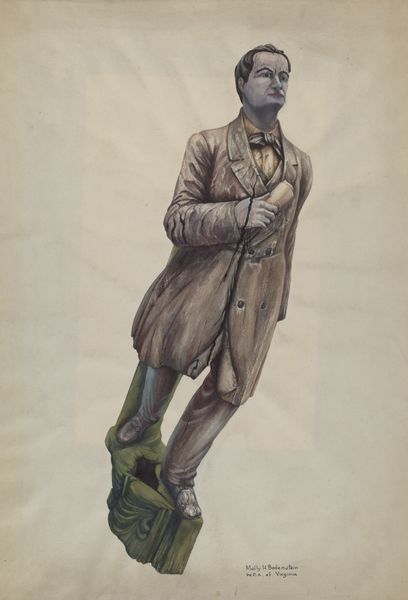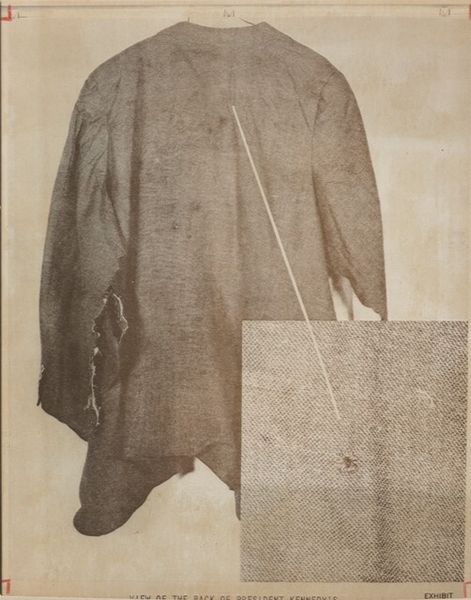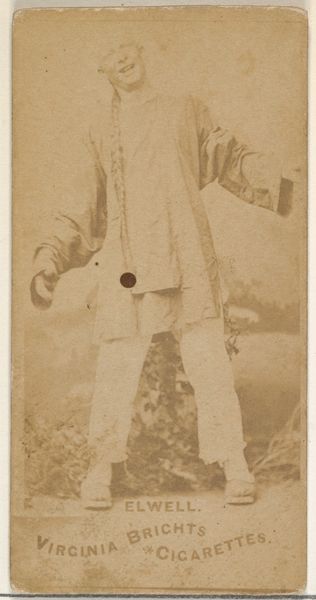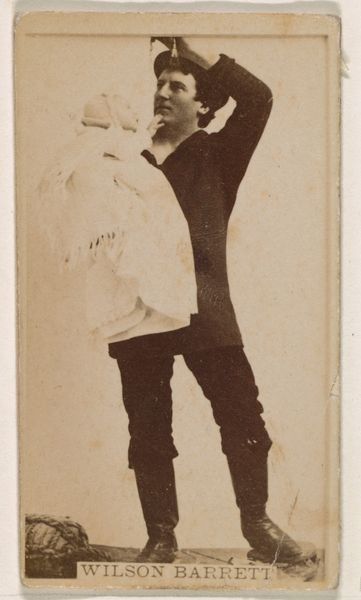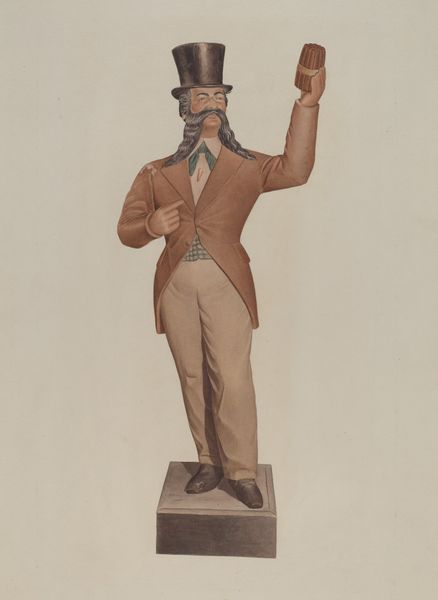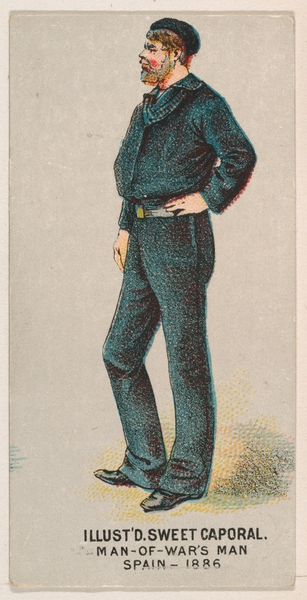
graphic-art, lithograph, print
#
portrait
#
graphic-art
#
lithograph
# print
#
caricature
#
caricature
#
charcoal drawing
Copyright: Public domain
Curator: Oh, he looks like someone you definitely wouldn't want to spill tea on. Intimidating fellow. Editor: Indeed. This is "Statesman No. 091° - Caricature of Mr. John Locke, M.P.," a lithograph from 1871 created by James Tissot for Vanity Fair. Tissot's caricatures often walked a fascinating line between flattery and satire. Curator: Satire, for sure! I mean, look at that scowl, the puffed-up chest… it's a study in self-importance, wouldn’t you say? And his hands are tiny! It’s strangely amusing. Editor: Precisely! Caricature plays on exaggeration to expose underlying traits, sometimes cruelly so. The question is, what's Tissot driving at? The year 1871 marks a significant point; the aftermath of the Franco-Prussian War loomed, and political tensions in England were complex. How does Locke factor into that scene? Curator: Hmm, so Tissot's not just having a giggle then? It is curious, how such a heavy figure is rendered in this medium… almost ephemeral… Makes you wonder if his influence was fading even then. Editor: That ephemerality, perhaps heightened by the medium of lithography intended for popular circulation, speaks volumes about the precariousness of power and reputation. Was Locke seen as clinging to outdated ideals, even as society was evolving rapidly? Curator: So, in essence, a commentary on power? Even the title hints at a regimented, almost bureaucratic system—a statesman reduced to a number. Editor: Exactly. The piece also invites broader questions about representation, privilege, and the relationship between those in power and those who depict them. How do such images reinforce or challenge existing social hierarchies? Who benefits, and who is ridiculed? Curator: That’s where the enduring value lies, doesn’t it? More than a mere portrait of a politician, this print prompts us to question the dynamics of power and perception. A very…weighted, work. Editor: Yes, this is just not an exercise in historical portraiture; but more broadly it opens us up to examine the weight of legacy of those in political life as it affects generations.
Comments
No comments
Be the first to comment and join the conversation on the ultimate creative platform.
